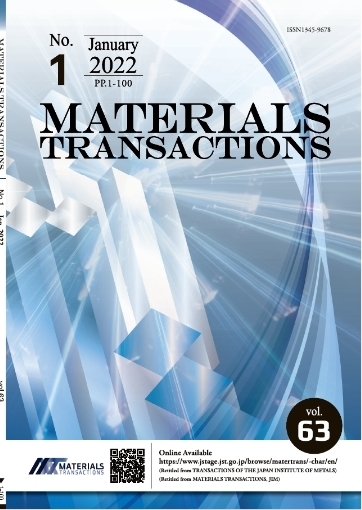New Growth Mechanism of Cubic Rh Clusters Composed of 8–12 Atoms Found by the Method of Euclidean Designs
Makoto Tagami, Yunye Liang, Yoshiyuki Kawazoe, Motoko Kotani
pp. 459-462
Abstract
“Euclidean Design” a newly developed mathematical design theory has been used to reveal a heretofore hidden mechanism in the growth of cubic Rh clusters composed of eight to twelve atoms. This is the first application of this advanced mathematics to atomic cluster science as a powerful tool to optimize the geometrical structure. In the usual first principles calculation, initial structures have been given rather ad-hoc way by trial and error basis. The method proposed in the present paper is systematic and theoretically without any limitation on the number of atoms. For Rh clusters this report corrects the previously proposed structures [Y.-C. Bae, H. Osanai, V. Kumar and Y. Kawazoe: Phys. Rev. B 70 (2004) 195413], and shows that an eight atom cluster is a cube and that adding atoms on one side of the cubic cluster, growing to reach finally the two cube connected structure of a twelve atom Rh cluster.










